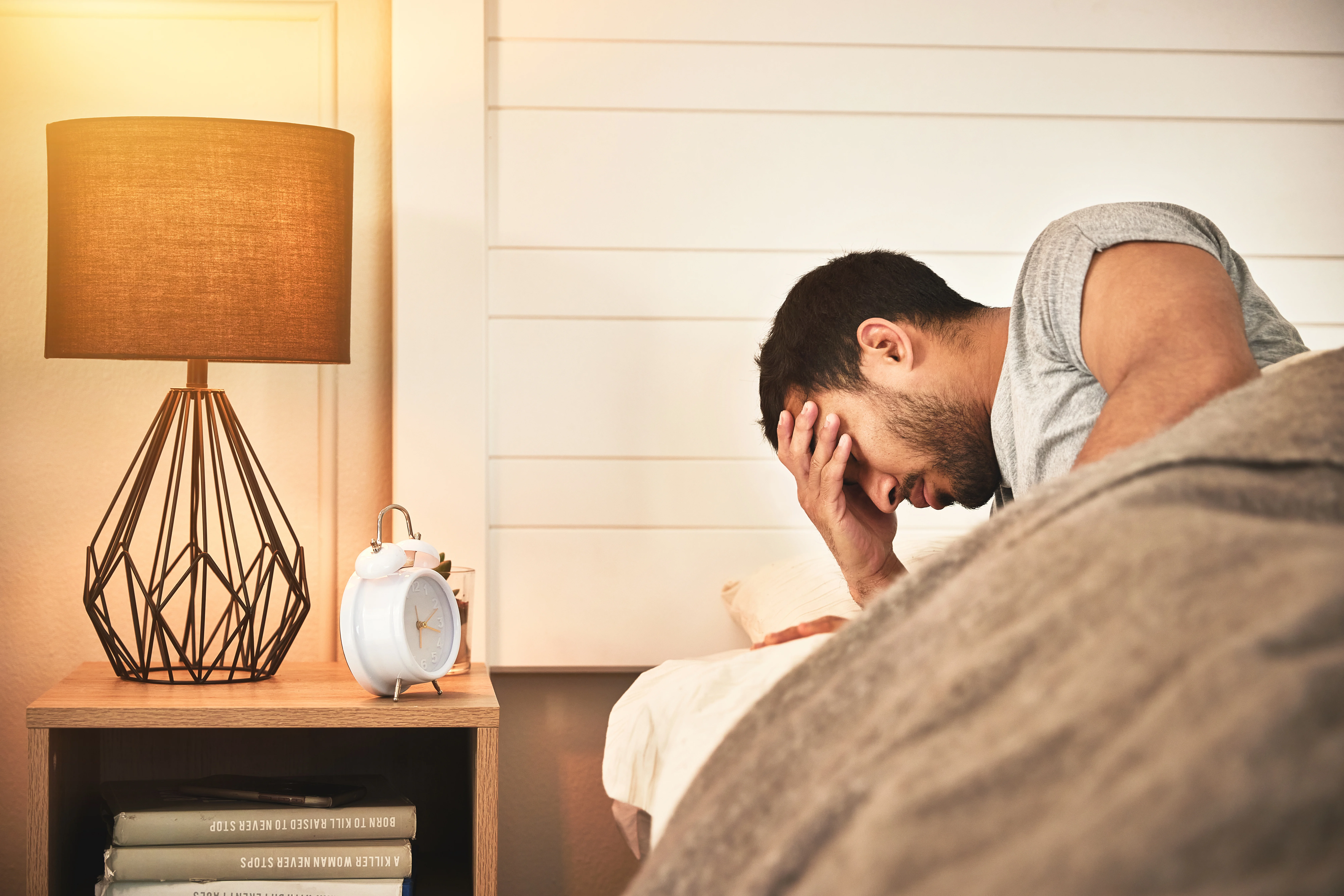Ways to Improve Your Sleep Hygiene

Practicing good sleep hygiene is important when actively recovering from a substance use disorder. People often struggle with maintaining a healthy sleep routine while using substances because they fail to keep regular sleeping hours, like staying up all night and sleeping all day. They don’t let sleep come naturally, but induce it with substances.
In order to increase your chance of success with sobriety, it’s crucial to replace bad sleeping habits with healthy ones to increase sleep hygiene and help you reach recovery.
What is good sleep hygiene?
According to one study, the definition of sleep hygiene is, “a set of behavioral and environmental recommendations intended to promote healthy sleep.” In other words, good sleep hygiene is making sure that your behaviors before going to bed, in addition to the climate surrounding your bedtime, are conducive to putting you asleep and keeping you asleep all night long.
Sleep hygiene is important because it does encourage your brain to wind down at the end of the day, putting you in the proper frame of mind to get a good night’s sleep. And while not every night will be the best sleep of your life due to things out of your control, what you can control can help you more consistently sleep better.
How to improve sleep hygiene
There are a number of methods and habits you can begin practicing in order to create and/or increase sleep hygiene in your life in order to aid with recovery.
Craft a routine
A bedtime routine is a crucial to maintaining good sleep hygiene. This includes having a set time when you go to bed and when you wake up, which should be relatively easy to stick to if you keep a routine throughout your day anyways. A set bedtime also prevents you from staying up incredibly late.
Your bedtime routine can include anything that relaxes you, from a nighttime skincare routine, time spent reading or journaling before bed, a cup of tea before you brush your teeth, etc. When you begin your nightly routine, your brain will understand that it’s time to start unwinding and preparing for sleep.
Exercise during the day
Exercising right before bed isn’t advisable as you’re likely to still feel a bit of adrenaline post-workout. Instead, try to schedule your workout earlier on in the day. Daily exercise is proven to not just be good for your physical body, but it actually helps you sleep better at night as well.
Read or journal
Journaling before bed might help you process your day and get thoughts running through your head out of your mind and on paper instead. This allows you to remove intrusive, anxious thoughts and go to sleep with a clear head.
Additionally, reading a book instead of scrolling social media helps you to relax your brain. While the blue light and flashing images of a phone keep your brain active, the monotonous action of reading words on the page helps relax and lull your brain to sleep.
Use an essential oil diffuser
Certain essential oils like lavender, vetiver and ylang ylang can help reduce stress, relax the mind and put your brain into a state of sleepiness. Diffusing these oils before bed can provide a peaceful environment in which to fall asleep, as well as make your room smell good.
Eliminate blue light exposure
Putting down your phone, turning off the TV or closing your laptop at least 30 minutes before bed minimizes blue light exposure, therefore allowing your brain to realize that it’s actually sleepy. With this time you can read or journal; additionally, it gives you a good reason to disconnect from technology for a bit.
Use your bedroom for sleeping
If you use your bedroom as your work from home office, your gym and your art studio, your brain is going to associate that space with activity and alertness. However, if you use your bedroom instead for sleeping, reading, journaling and meditating, the space will instantly promote an atmosphere of relaxation. This will not only help you fall asleep faster, it can also effectively keep you asleep throughout the night.
Sleep hygiene for recovery
If you find yourself struggling to use these suggested sleep hygiene tips successfully, you might consider working alongside a therapist who can provide you with additional resources and help you problem-solve issues that are negatively impacting your sleep.
At High Focus Centers PA, we help many people with substance use disorders journey through recovery; this includes addressing and remedying insomnia due to substance use disorder. Consider working with our therapists if you need support by calling us anytime at 610-644-6464.








